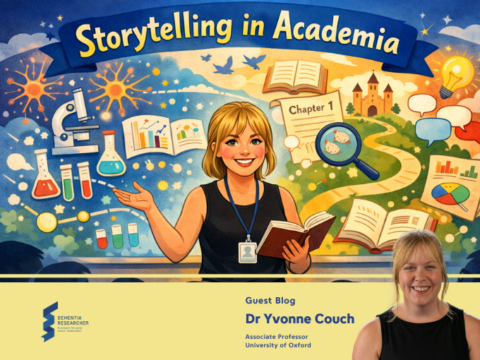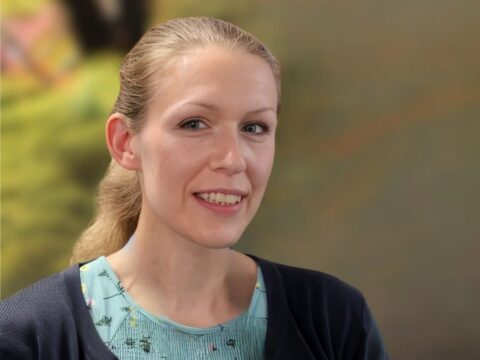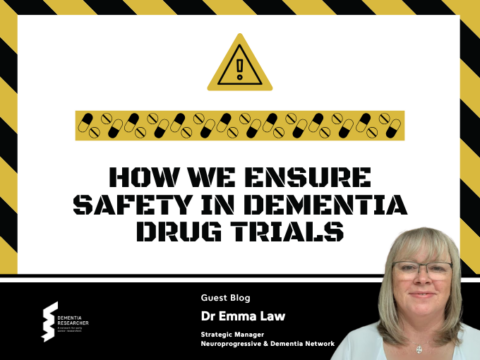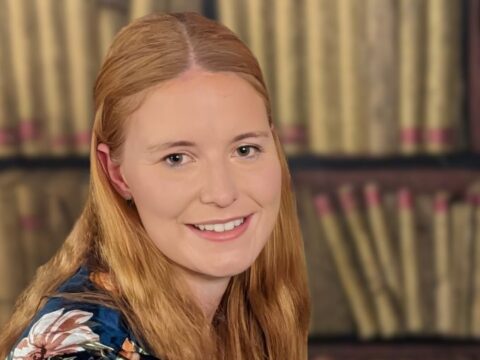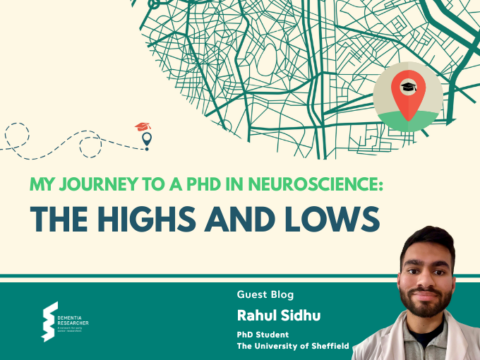After successfully completing my PhD viva, I felt it was important to take a moment to reflect on the entire experience and share some valuable insights. The viva often feels like the final boss in a long, challenging academic journey, but with thorough preparation and the right mindset, it doesn’t have to be as overwhelming as it may initially seem. In this blog, I will provide a detailed account of how I approached and navigated my viva, along with the key lessons I learned along the way, which I hope will be helpful to others embarking on a similar path.
Give Yourself Time to Prepare
It’s important to start preparing in advance. Around three weeks of revision time was enough for me, but you need to feel confident in your work and give yourself enough time to review everything thoroughly. Go over each chapter of your thesis, ensuring you fully understand all aspects, especially any feedback you received during the writing process. The examiners will be exploring the depths of your work, so you want to be as prepared as possible. It’s easy to forget what you did at the start of your PhD programme, and I got quite a few questions about my early systematic review – including how I developed my search strategy. No detail is too little to refresh your mind on, so take the time to revisit it all beforehand.
Request a Mock Viva
My mock viva was one of the most beneficial things that I did to prepare. Ideally, this should be done with someone outside your supervisory team to simulate a real viva more closely. Your supervisors are familiar with your work, so bringing in a fresh perspective will better reflect the actual experience. I had my mock viva one week before the real one, and to be honest, I was more nervous for that than the actual viva! The mock gave me a chance to refine my responses and receive critical feedback before the big day.
Viva Day, Where Confidence is Key
On the day of your viva, be sure to remind yourself that you know your work better than anyone else. The examiners aren’t there to catch you out, they want to ensure the work is genuinely yours and that you are a competent researcher. If your viva is in person, dress smartly and treat it professionally, and don’t forget to be confident in what you’ve achieved. All of my supervisors were present for the decision afterward, and it was so supportive, they even took notes on the corrections for me. By that point, after nearly three hours of questioning, my brain was ready to check out, so having them there on hand was extremely beneficial.
After the Viva Seek Clarity of Corrections
Once the viva is over, you’ll certainty feel a wave of relief, but there may still be corrections to make. Take some time to process everything but be sure to seek clarity on what’s expected for your corrections so you know exactly what to work on. I chose to submit my corrections in a “response-to-reviewer” format, outlining each correction clearly and where they sat within the updated thesis (i.e., page numbers). My examiners really appreciated this, and it has made the process smoother.
Taking Time Off vs. Diving Into the Job Market
After your viva, it’s a great idea to take some time off if you can, but this may not be feasible. I chose to pursue job applications during my submission. I actually had my job interview with the Office of Health Economics (OHE) the day after my viva! If you’re doing the same, don’t be afraid to ask for a delayed start. Prioritising your corrections and mental health is key, and trust me, you’ll need a bit of time to breathe.
In terms of job hunting, I found it tricky to navigate the transition from academia to industry. I had been advised to “apply up” for more senior roles, but in my experience, applying for an entry-level position got me further. I ended up being offered a more senior position after my interview, so sometimes this approach can work better, especially given the currently saturated job market.
A New Chapter
On a more personal note, I am no longer technically a dementia researcher! While I hope to continue working on dementia projects, I’ve transitioned into a new role as an economist at OHE. My work will now focus on a variety of projects, and I’m excited to see where this new path takes me.
This brings me to the close of my blogging journey with the dementia researcher team. Writing for this platform has been an incredibly rewarding experience for me, and I hope that my insights have been helpful to those of you on your own PhD journey. Although this is goodbye for now, you can follow my progress at OHE or connect with me on LinkedIn.
Thank you so much for listening and for all of the support!

Hannah Hussain
Author
Hannah Hussain is a PhD Student in Health Economics at The University of Sheffield. As a proud third generation migrant and British-Asian, her career path has been linear and ever evolving, originally qualifying as a Pharmacist in Nottingham, then Health Economics in Birmingham. Her studies have opened a world into Psychology, Mental Health and other areas of health, and with that and personal influences she found her passion for dementia.

 Print This Post
Print This Post
